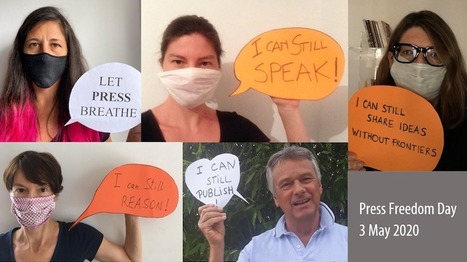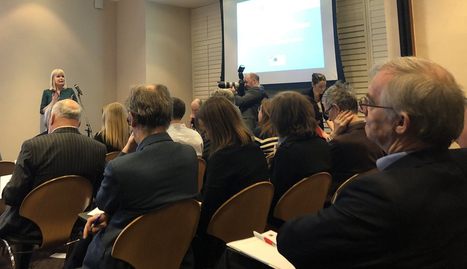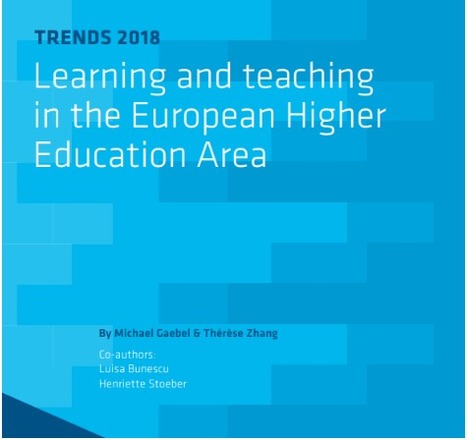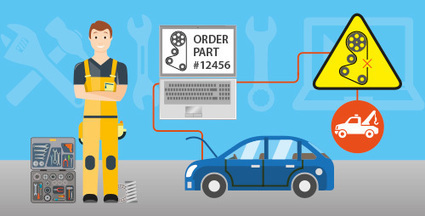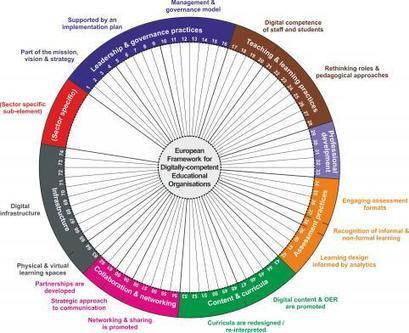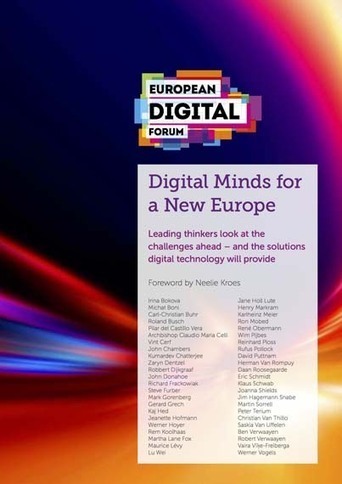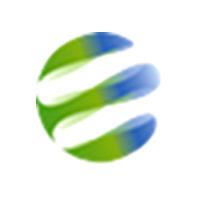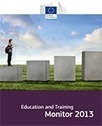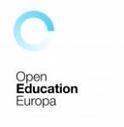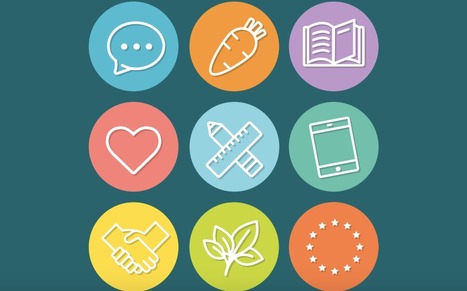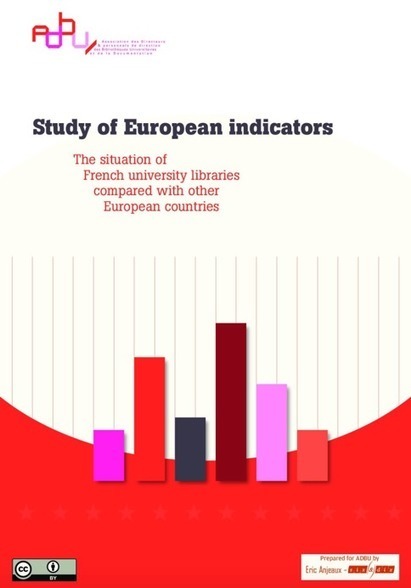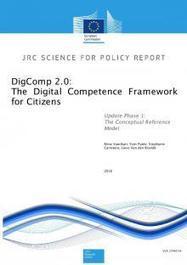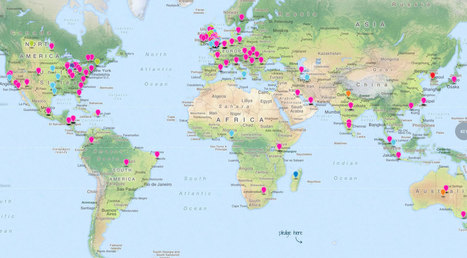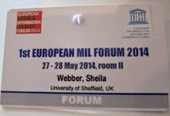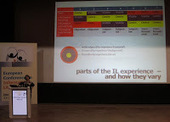Protecting freedom of expression and media freedom in times of a pandemic is of vital importance. In almost all European countries people have been living in confinement for almost two months, a situation which has profoundly impacted on our communities, economies, families and daily lives. We have, more than usually, been relying on the media for news and information to help us understand the COVID-19 crisis, ways to protect ourselves and our families and wider implications of the outbreak, as well as to evaluate the responses of our governments and the global community. The crisis intensified the need for people to be able to access reliable news that they can trust, a quest made challenging enough by the digital information overload, indiscriminate use of various communication tools and news sources and the accompanying phenomenon of information disorder. Journalists have responded with resolve to fulfil their enhanced responsibility of informing the public and mitigating health and other risks stemming from the virus.
Get Started for FREE
Sign up with Facebook Sign up with X
I don't have a Facebook or a X account

 Your new post is loading... Your new post is loading...
 Your new post is loading... Your new post is loading...
Current selected tag: 'European'. Clear
By Professor Grainne Conole.
I recently attended a HEA Future-focus Forum on Digital Transformation and Empowering Technologies in Higher Education. Prior to the meeting a paper was circulated setting the scene for the meeting. This contextualized the topic by referencing various Irish and EU relevant documents, including the Irish Future Jobs Initiative, the Digital Agenda for Europe, the European Digital Education Action Plan, the European Higher Education Area in 2018, etc.
The paper argued that digital transformation is pervasive and can be understood as the changes that digital technology causes or influences in all aspects of human life. In addition, Higher Education will change significantly over the coming years due to digital transformation. Critical questions include: how can higher education Institutions (HEI) provide leadership in ensuring an ethical and responsible use of technology and data? How do we empower people to build a data-first culture and future proof our digital infrastructure? What are the challenges and how do we prepare for them? What international best practice exists to inform a national approach to digital transformation in Higher Education?
From
eua
by Michael Gaebel and Thérèse Zhang
Trends 2018 examines how learning and teaching at European higher education institutions evolves in the context of changing demands, technological and societal development, and European- and national-level policies and reforms. This EUA flagship report gathers data from more than 300 higher education institutions in 48 European countries.
The European Commission has set out steps to improve digital skills in Europe, which are the cornerstone of a truly functioning digital society and Digital Single Market. These steps were outlined in the New Skills Agenda for Europe: working together for human capital, employability and competitiveness, adopted recently by the European Commission.
The JRC has designed the first pan-European conceptual model to help educational organisations self-assess the use and integration of digital technologies and resources in the learning process. The framework also supports policymakers in devising policies for their effective deployment at regional, national and European level. This work supports the European Commission’s objectives to improve digital skills and learning and the initiative Opening up Education which aims to stimulate ways of learning and teaching through digital technologies and digital content.
The European Framework for Digitally-Competent Educational Organisations (DigCompOrg) [ https://ec.europa.eu/jrc/en/digcomporg ]
(13 November 2014 – Brussels) Today, the European Digital Forum launches Digital Minds for a New Europe, an e-book featuring 44 essays by the world's leading thinkers on the challenges ahead – and the solutions digital technology will provide.
Linked Data has established itself as the de facto means for the publication of structured data over the Web, enjoying amazing growth in terms of the number of organizations committing to use its core principles for exposing and interlinking Big Data for seamless exchange, integration, and reuse. The European project EUCLID is developing a comprehensive educational curriculum, supported by multimodal learning materials and highly visible eLearning distribution channels, tailored to the real needs of data practitioners. The EUCLID curriculum focuses on techniques and software to integrate, query, and visualize Linked Data, as core areas in which practitioners state to require most assistance.
A report published by OCLC describes the changing priorities of librarians in Germany, The Netherlands and the UK. This is the first time that an OCLC survey has focused solely on European librarians. The report explores some of the changes that librarians are anticipating in the way their libraries will be used. A separate report …
Have you ever looked for good research data on the global impact of distance or online learning and discovered that this just doesn't exist? CDE has partnered with UNESCO, the European Commission, the International Association of Universities, the Sloan Consortium, StudyPortals and Babson Survey Research Group to begin work on this formidable task. [snip] The global landscape of post-secondary education is in a period of dramatic change. A significant driver for this has been a dramatic rise in the use of technology and the extension of the traditional campus to more learners. Although there is clear evidence of the growth of online learning, the global data remains anecdotal or limited in scope. There has been no formal effort or process to define online learning in the global context. [snip] The Global Online Higher Education Report (GlobalOHER) initiative is designed to address this deficiency by conducting a global survey and issuing a report that will provide: Information on enrolments and programmes offered onlineInformation on the role of MOOCs around the worldInformation on the adoption of Open Education Resources, OERPerspectives on the importance of online learning in institutional strategiesThe challenges institutions face in delivering high quality programs and servicesA framework of the policy issues that institutions believe need to be addressed
This sub-site of the European Commission’s Education and Culture DG’s website aims to explore the EU’s education and training activities and policies.
The annual Education and Training Monitor examines the evolution of Europe’s education and training systems. It takes into account various benchmarks and indicators but also recent studies and policy developments. This page provides the 2013 Monitor, the 28 accompanying country reports and an online visualisation tool.
The renewed website will make it easier to search for open courses and relevant resources in different languages, interact with peers in thematic groups, and access high quality research materials. All of the existing content will remain available, now conveniently reorganized to make it easier to navigate. Today’s learners expect more personalization, collaboration and better links between formal and informal learning. Europe has to take action to provide its citizens with the necessary skills for the 21st century.
Open Education Europa forms part of the Opening Up Education initiative that will be launched by the European Commission on September 25th. The initiative will scale up the creation, use, re-use and sharing of quality digital education content, including Open Educational Resources. It will increase equity and encourage the modernization of learning, teaching and assessment practices through the use of digital technologies.
We invite you to visit the portal on the 25th of September and be part of the transformation! |

Ana Cristina Pratas's curator insight,
November 22, 2019 4:59 AM
"As a tool for change, EAEA has published ‘Manifesto for Adult Learning in the 21st Century’. It sets objectives for creating a Learning Europe: a Europe that is able to tackle the future positively and with all necessary skills, knowledge and competences. Updated manifesto was published in the beginning of 2019. "
andrey baena cardona's curator insight,
March 12, 2020 5:11 PM
“Manifesto for Adult Learning in the 21st century: The Power and Joy of Learning” is a PDF document that has an extended introduction of some concepts and considerations about adult learning. I would take the risks of saying that this document will help any teacher interested in the andragogy field to know: the principles, recommendations, international policies, etc. Moreover, this material can help a professor who will teach andragogy to form new educators in this theme.
As an extra point: this document was developed by Publisher: European Association for the Education of Adults – EAEA and supported by The European Commission, which are two entities of great reputation.
In 2017 SCONUL shared statistical return data with ADBU – the French association of directors and senior staff in university and research libraries. ADBU undertook a European comparative study on key performance indicators in academic libraries between 2013-2016 in thirteen European countries. The study explored: potential library users (staff and students); Library use (gate counts, loans, downloads and information literacy teaching); Library space (meterage, study spaces and computers); Library staff; Electronic resources; and Finance (income and expenditure).
Today, in looking at the scholarly publishing sector, equity markets are focused on the European national-level consortial negotiations. If analysts are not surprised at the strong rhetoric about cancelling Big Deal packages that has emerged from the university sectors, they are troubled to see entire nations actually canceling their licenses. They have watched publishing revenue from a major country like Germany disappear all at once from one major publisher’s income statement. And they want to know whether this “contagion” will spread to North America. My view is that, while the germs are circulating, at least in the near term, publishers are unlikely to face a global pandemic.
From
ec
DigComp 2.0: The Digital Competence Framework for Citizens. Update Phase 1: the Conceptual Reference Model. - EU Science Hub The European Digital Competence Framework for Citizens, also known as DigComp, offers a tool to improve citizens’ digital competence. DigComp was first published in 2013 and has become a reference for many digital competence initiatives at both European and Member State levels. This document introduces DigComp 2.0. It constitutes phase 1 of the update of the framework which focuses on the conceptual reference model, new vocabulary and streamlined descriptors. The current document also gives examples of how DigComp is used at the European, national and regional levels. Via Fiona Harvey 
Fiona Harvey's curator insight,
July 5, 2016 8:19 AM
Extremely thorough and now updated digital competence framework. Useful for setting up skills and development of digital skills.
This week we launched the Open Badge Network (OBN) portal. Open Badge Network is an Erasmus + project and strategic partnership which brings together organisations from across Europe to support the development of an Open Badge ecosystem, promoting the use of Open Badges to recognise non-formal and informal learning. Our mission is to provide a trusted…
I am attending the European Media and Information Literacy Forum 2014 [http://www.europeanmedialiteracyforum.org/] at UNESCO headquarters in Paris, France. Despite the title, the focus is mainly on media literacy, influenced by the fact that this is also the final conference for the EMEDUS project (http://www.eumedus.com). However it also reflects the fact that media literacy has more of a hold on national and international agenda (something that information literacy people have to take action on...)
To read the long version of the EPRS Briefing go to: New global interactive strategies for teaching and learning The world of education is currently undergoing massive transformation as a result of...
This book presents the main outcomes of the OERtest project in six chapters.
This book presents the main outcomes of the OERtest project in six chapters. It provides the reader with the foundation for the development of envisaged framework, organised into the four topics: assessment methods; requirements and standards of resources; credentialisation, certification and recognition and inter-institutional collaboration. The third chapter is devoted to different scenarios of open learning in order to obtain in-depth understanding of the OER challenges and bring closer a basis for identifying vital differences among them to better address these challenges. - See more at: http://www.oer-europe.net/open_learning_recognition#sthash.ahPB725T.dpuf
The second keynote talk at the European Conference on Information Literacy was Information Literacy Research and Practice: An Experiential Perspective from Christine Bruce. I know a lot about some of what she was talking about, but some areas were new and I needed to stop and think rather than blog. Therefore I certainly haven't captured everything in her presentation (and apologies for any misinterpretations)!
Sirje Virvus (Tallinn University) talked about Information Literacy in Europe: Ten Years Later following up from her much-cited 2003 paper, at the European Conference on Information Literacy. She started by summarising conclusions from the 2003 paper (which is linked below). She went on to talk about her doctoral work, an exploratory study of online distance learning in higher education in Europe, with the research question What is the nature of successful information literacy educational practice and what are the factors which influence this? |



